Can Cats Eat Cheese?
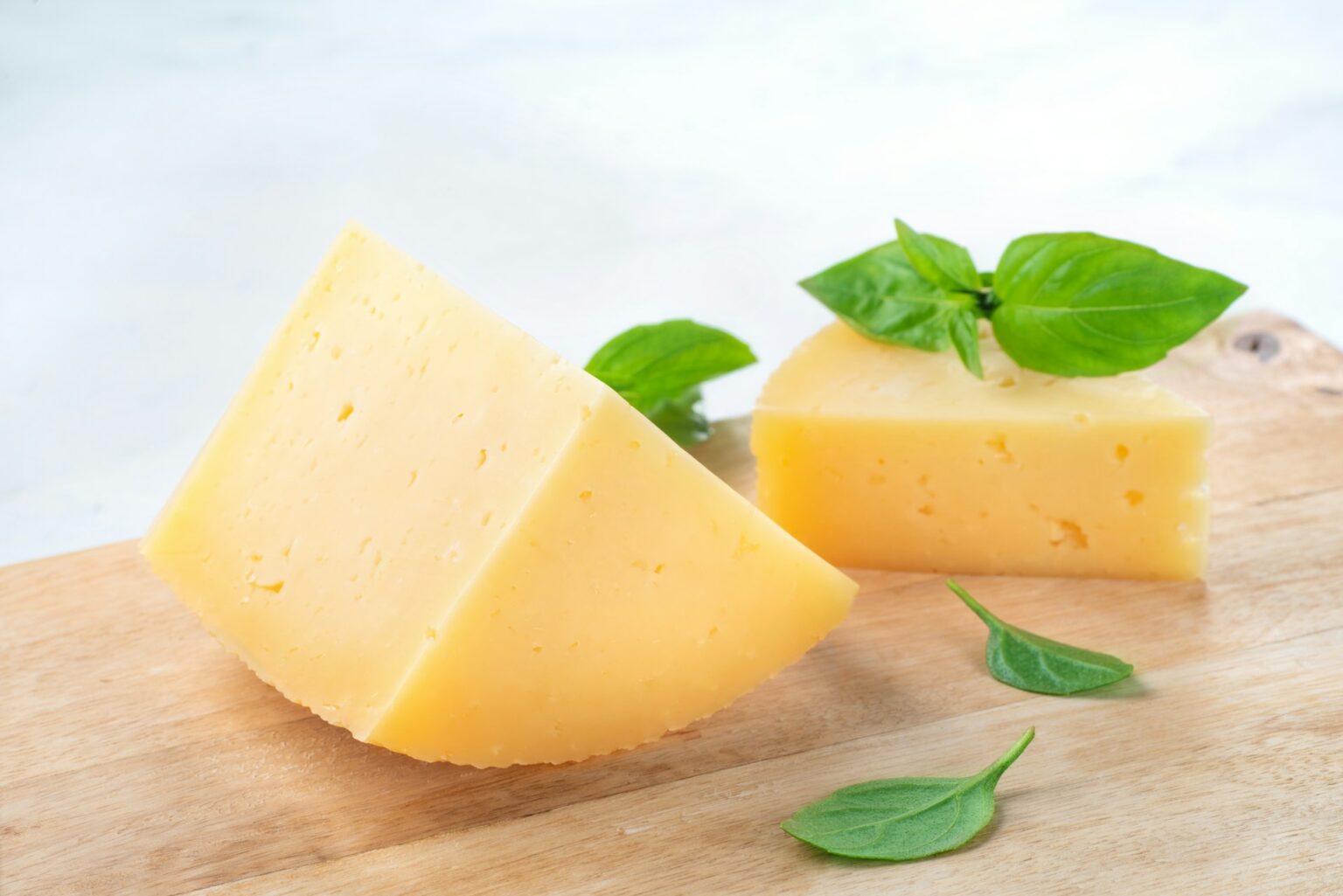
Cats are a particular type of creature with a specific type of diet. Due to their wild nature, cats eat almost exclusively animal protein, which a meat-based diet can provide. Hence, meat is where cats primarily derive their most essential nutrients from. But what about dairy products? Dairy products like cheese can also be good sources of animal protein. So, can cats eat cheese and other dairy foods? It is a complex answer to the question. Despite the long-held belief that cats love milk, experts are cautious about this. Now, let’s see whether or not cheese is healthy for cats.
Is Cheese Safe For Cats?
Cats are notoriously finicky eaters, but many may consider consuming cheese. That depends on the persuadable feline. Most dairy has a smooth, creamy texture, which is part of why so many cats seem drawn to it. Not to mention, the taste of cheese can also be adjusted to suit the feline palate. Cheese has a lot of ingredients that are very much beneficial for humans. Is this protein source safe for cats as well?
Sure, cats can eat cheese. So, if a cat nibbles on a bit of cheese, it shouldn’t adversely affect it. Even though there are so many types of cheese, most of them do not contain toxic substances to cats. So, in small doses, cheese can be a source of nutrition for cats. By contrast, cheese also has a little controversy. That is why you need to know a few essential things before you put cheese in your pet’s bowl. Learn the risks of feeding cheese to your cat.
Cheese Risks
Cats can eat cheese. However, first, let’s take a look at the risk factors for cheese. First of all, cheese is a milk product. Milk has lactose, and most adult cats are lactose intolerant. Young kittens whose bodies are consuming their mother’s milk for energy can produce the enzyme lactase, which can digest lactose, so they have much better luck digesting milk. But through the years, they lose this gift. This is why cats can have all sorts of issues when they eat large amounts of cheese or other dairy foods. The most typical manifestation of lactose intolerance is diarrhea. So, for your cat’s sake, do not allow it to consume excessive amounts of cheese.
Another very important aspect to highlight is the content of additives in cheese. Cheese and other dairy products are human-manufactured. As a result, they can include different preservatives that are awful for felines. Most cheese is too salty for us and cats, too. Some of the most dangerous ingredients are garlic and onions. Be careful of these ingredients; never give your cat cheese with these additives.
The other aspect to consider is allergies. Cats, like people, can also suffer allergic reactions to different foods. This will consist of products like cheese. Do not feed your cat cheese again if you notice any bad signs. A food allergy causes skin or intestinal issues in cats. The risk of cats developing a milk allergy is very low but possible, so it is always advisable to be cautious. Considering all these points, experts recommend not treating cats with cheese but rather with products that meet their needs, such as meat in cat food.
What Kind Of Cheese Can Cats Eat?
Cheese contains a lot of protein and fat, which is why many cats love it. While experts state that cats should not normally consume cheese, there are some allowances you can make if your cat loves it a lot. As long as these bites are regulated, cats can eat cheese. If you have given a tiny morsel of cheese, it should not harm your cat, but always pay close attention to their reaction to food after you feed them.
Ensure that the cheese is free of additives harmful to your pet and does not contain much salt. The best cheese you can offer your kitty is low-fat cottage cheese since it is low-lactose and low-fat. In contrast, never feeding these animals blue cheese can be the most dangerous to them.
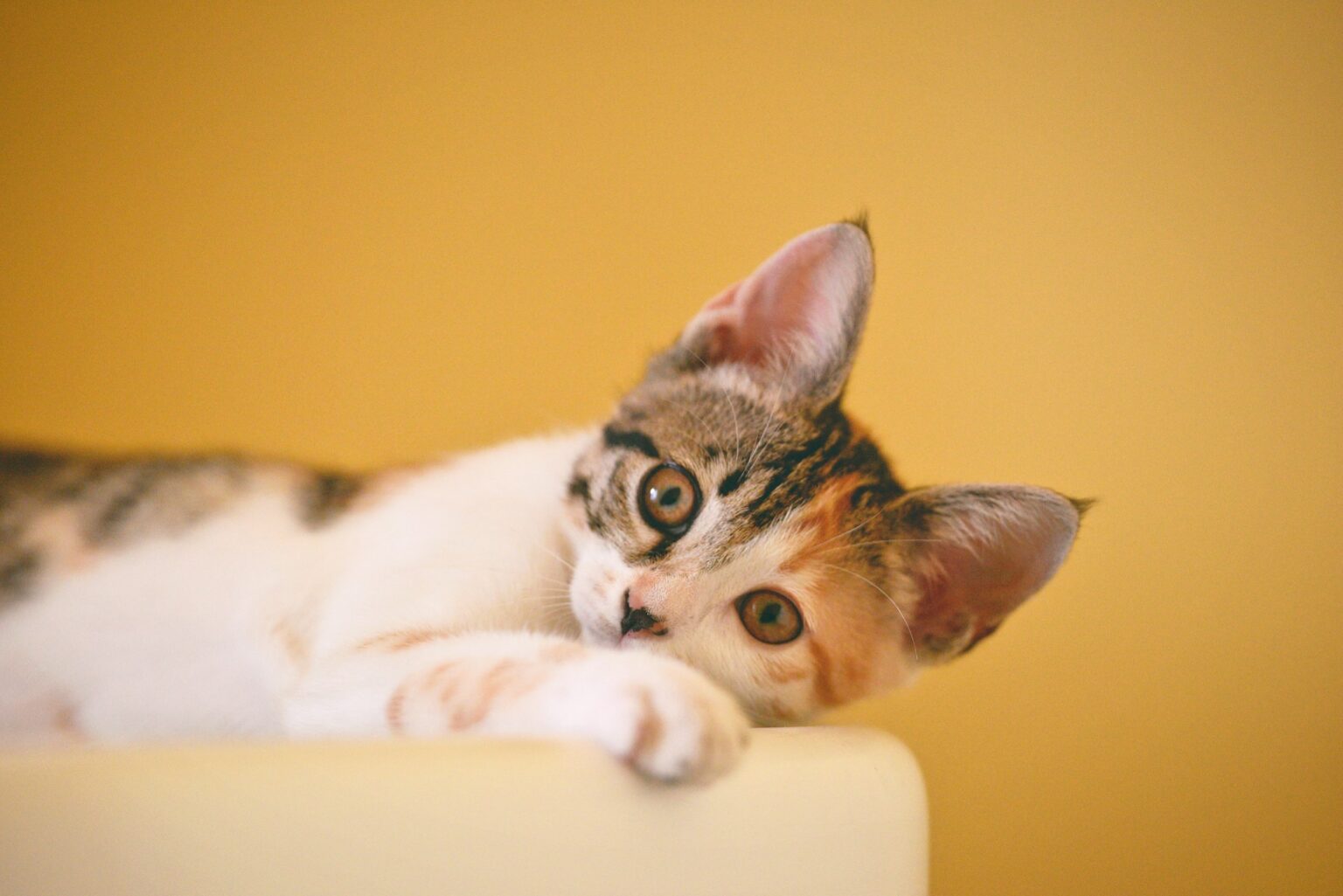
Summary
Just because your cat steals the cheese off that sandwich of yours, don’t panic. Cats can eat cheese, and it is unlikely to hurt them if it is in small amounts. That said, cheese is not suitable for constant consumption in cats because of lactose intolerance. If in doubt, consult your vet.
Source
- Anton C. Beynen (2017). Milk for cats.
https://www.researchgate.net/profile/Anton-Beynen/publication/316665845_Milk_for_cats/links/590ade3ba6fdcc4961777d3a/Milk-for-cats.pdf
